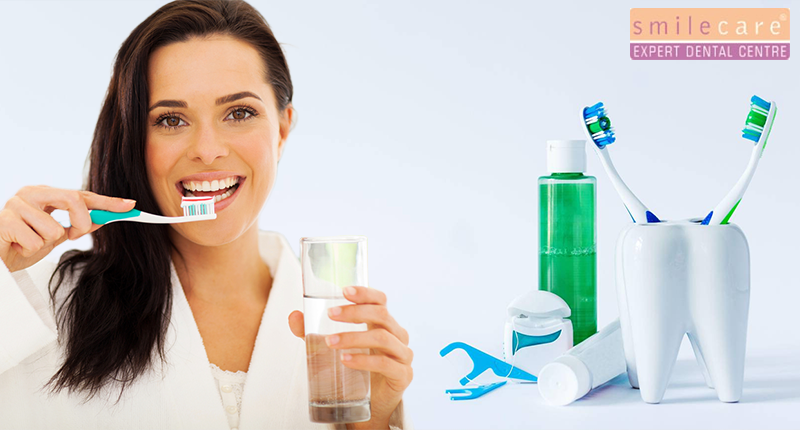Maintaining good oral hygiene is often overlooked when caring for our overall health. While we follow skincare routines and hit the gym regularly, we must remember the importance of good dental health. In this blog, we will explore the significance of dental hygiene and how oral cancer begins. We’ll also share the best practices for an excellent dental hygiene routine.
Importance of Dental Hygiene
Maintaining good oral hygiene is crucial for your overall well-being. Ignoring dental care can result in various problems, such as tooth decay, gum disease, and even oral cancer. A consistent dental hygiene routine ensures healthy teeth and gums, boosts your confidence, and improves your quality of life.
What is Dental Hygiene?
Dental hygiene encompasses the practices aimed at maintaining the cleanliness of the mouth and teeth to prevent dental problems. It involves regular brushing, flossing, and routine visits to the dentist for professional cleanings and check-ups. Additionally, maintaining a balanced diet and avoiding habits like smoking play a significant role in promoting good dental hygiene.
Dental Oral Hygiene
Maintaining oral hygiene involves more than just brushing your teeth twice a day. It’s about a comprehensive approach to care for your mouth and teeth. Regular brushing using fluoride toothpaste and daily flossing helps remove plaque and food particles from between the teeth and along the gum line, where your toothbrush may not reach.
Good Dental Hygiene Routine
A good dental hygiene routine is the cornerstone of oral health. Here’s a simple yet effective way to follow:
- Brush Twice Daily: Brush your teeth at least twice daily for two minutes using fluoride toothpaste. Use gentle, circular motions to clean all surfaces of your teeth.
- Floss Daily: Flossing is as important as brushing. It helps remove plaque and debris between the teeth and under the gumline, where toothbrush bristles can’t reach.
- Use Mouthwash: Incorporate an antimicrobial mouthwash into your routine to help kill bacteria and freshen your breath.
- Visit Your Dentist Regularly: Schedule regular dental check-ups and cleanings every six months. Your dentist can detect potential issues early and provide personalized advice for maintaining oral health.
How Oral Cancer Starts
Oral cancer is a type of cancer that can occur in any part of the mouth, such as the lips, tongue, gums, and throat. The disease usually starts with the growth of abnormal cells that can multiply and form a tumour if they are not treated in time. Several factors can increase the risk of developing oral cancer, including tobacco use, heavy alcohol consumption, poor oral hygiene, and exposure to certain viruses like HPV (human papillomavirus).
Conclusion
Prioritizing dental hygiene is crucial for maintaining overall health and well-being. Following a good dental hygiene routine can prevent dental problems, including oral cancer, and ensure a healthy smile for years. Remember, your smile is your best accessory, so take care of it!

